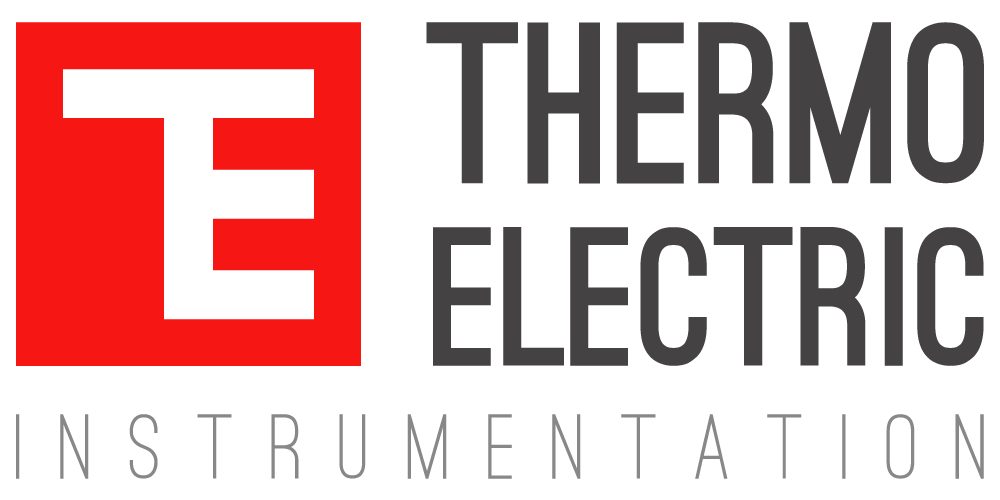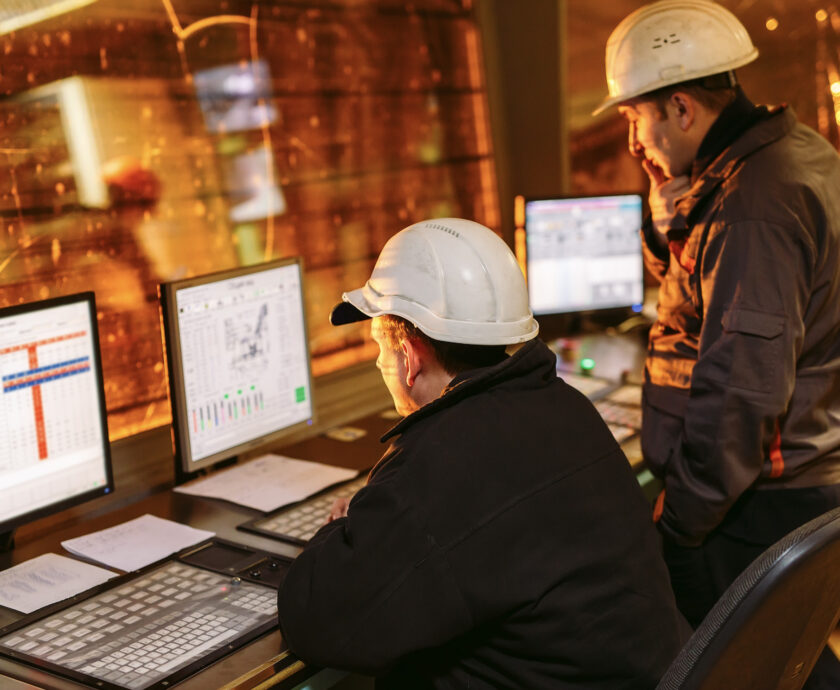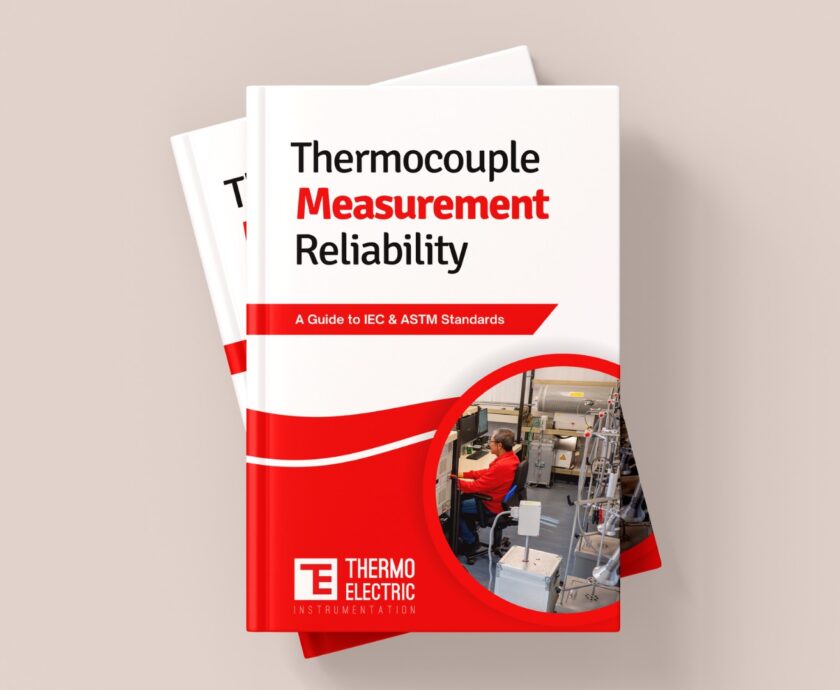As sustainability becomes more important than ever, industries are actively seeking ways to cut energy consumption and minimize their environmental impact. One often-overlooked factor is temperature measurement, which plays a vital role in optimizing energy efficiency and reducing emissions. With precise temperature monitoring, industries can maintain optimal process control, reduce waste, and contribute to a smaller carbon footprint. In this article, we explore how improving temperature measurement can lead to significant energy savings and a cleaner environment.
The Impact of Temperature Measurement on Energy Efficiency
Temperature is a key parameter in many industrial processes. It directly influences the efficiency of operations, from chemical reactions and combustion processes to heat exchange systems. Proper temperature control ensures that processes run efficiently, minimizing energy waste and reducing emissions.
- Combustion Control: In industries that rely on combustion, such as power generation and manufacturing, maintaining the right temperature is critical for efficient fuel use. Accurate temperature sensors ensure that combustion occurs at optimal temperatures, maximizing energy use while minimizing the production of greenhouse gases such as carbon dioxide (CO2) and nitrogen oxides (NOx).
- Heat Exchanger Optimization: Heat exchangers are commonly used in industries to transfer heat from one fluid to another. Efficient heat exchange relies on precise temperature measurements to ensure that energy is transferred effectively, reducing the need for additional heating or cooling and saving energy.
- Minimizing Overheating: Overheating in industrial processes leads to unnecessary energy consumption and increased emissions. Temperature sensors that provide accurate readings help prevent overheating, reducing both energy costs and the risk of damaging equipment.
Reducing Emissions with Precise Temperature Control
Accurate temperature measurement is a powerful tool in reducing emissions. By ensuring that processes are carried out under optimal conditions, industries can reduce the production of pollutants and improve their environmental footprint.
- Lowering Greenhouse Gas Emissions: In processes such as combustion, maintaining the right temperature can significantly reduce the production of CO2 and other greenhouse gases. Temperature sensors that provide precise readings help ensure that the amount of fuel used is optimized, reducing emissions.
- Minimizing Waste: Poor temperature control can lead to product defects and waste, which not only impacts profitability but also increases the environmental footprint of production. By using accurate temperature sensors, industries can reduce the amount of waste generated, thus lowering overall emissions.
- Improving Process Efficiency: Efficient processes produce fewer emissions. When temperature is accurately controlled, the energy used is directly proportional to the output, meaning less energy is wasted, and fewer emissions are generated per unit of product.
Best Practices for Energy Efficiency with Temperature Sensors
- Regular Calibration: Regular calibration of temperature sensors is critical to maintain accuracy. Inaccurate sensors can lead to inefficient process control, resulting in increased energy consumption and higher emissions. Working with accredited calibration laboratories helps ensure that sensors provide reliable readings.
- Customization for Specific Processes: Customizing temperature sensors to meet the specific requirements of a process can improve their accuracy and reliability. Sensors designed for the unique conditions of an application are more likely to provide the precise control needed for energy efficiency.
- Using High-Quality Materials: The materials used in temperature sensors can impact their accuracy and durability. Sensors made from high-quality materials, such as Inconel or stainless steel, can withstand harsh conditions and provide consistent readings, reducing the likelihood of errors that could lead to energy waste.
- Continuous Monitoring: Implementing continuous temperature monitoring systems allows for real-time adjustments to maintain optimal process conditions. This minimizes the risk of deviations that could lead to inefficiencies, saving energy and reducing emissions.
Wrapping Up
Better temperature measurement is a powerful and often underutilized tool for reducing energy costs and emissions. By maintaining precise control over temperature, industries can optimize their processes, reduce waste, and improve overall efficiency. Accurate temperature sensors play a key role in achieving these goals, providing the data needed to ensure that energy is used effectively and emissions are minimized.
With sustainability becoming a top priority for industries worldwide, investing in high-quality temperature sensors and implementing best practices for calibration and customization can lead to significant energy savings and environmental benefits. By focusing on accurate temperature measurement, industries can contribute to a more sustainable future while also enhancing their operational efficiency and reducing costs.
